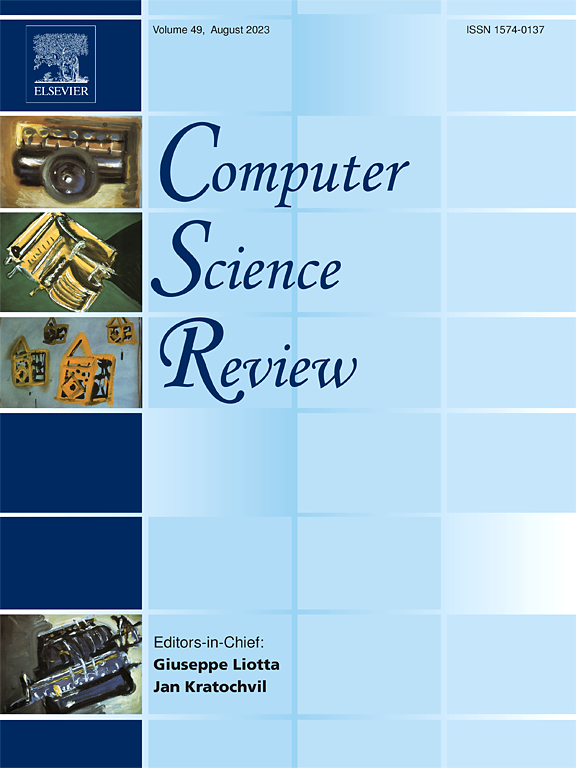New paradigm of distributed artificial intelligence for LLM implementation and its key technologies
IF 12.7
1区 计算机科学
Q1 COMPUTER SCIENCE, INFORMATION SYSTEMS
引用次数: 0
Abstract
With the Internet’s development and information technology advancement, current network applications and services, such as e-commerce, industrial automation, and vehicular automation, have experienced substantial expansion. Foundation models, represented by large language models (LLMs), have emerged in response to growing demands. Their broad range of applications has brought significant advancements to various industries. While such developments have improved people’s economic lives and social activities, the challenges posed by the rapid growth of data volume and network traffic cannot be overlooked. Intelligent systems aimed at enhancing knowledge computation and learning capabilities are gradually gaining attention. Nevertheless, efficient and flexible intelligent systems are still in their early stages, leaving ample space for further optimization. This study provides an overview of Distributed Artificial Intelligence (DAI) with its related paradigm, briefly introduces the evolution of LLMs, and proposes a novel optimization framework named PCD Tri-Tuning for DAI workflows: leveraging caching-related technologies to enhance perceptual capabilities, adopting load-balancing techniques for computational optimization, and developing reasoning methodologies and cooperation techniques to improve decision-making. Subsequently, the study examines the pivotal role of the proposed optimization framework in practical domains such as e-commerce, smart manufacturing, and vehicular automation while also discussing the challenges and outlining strategies for further development.
面向LLM实现的分布式人工智能新范式及其关键技术
随着互联网的发展和信息技术的进步,当前的网络应用和服务,如电子商务、工业自动化、车辆自动化等都得到了大幅度的扩展。以大型语言模型(llm)为代表的基础模型已经出现,以响应日益增长的需求。其广泛的应用范围为各个行业带来了显著的进步。这些发展在改善人们经济生活和社会活动的同时,数据量和网络流量的快速增长所带来的挑战也不容忽视。以提高知识计算和学习能力为目标的智能系统逐渐受到关注。然而,高效灵活的智能系统仍处于起步阶段,还有很大的优化空间。本研究概述了分布式人工智能(DAI)及其相关范式,简要介绍了llm的发展,并提出了一种名为PCD三调优的新型DAI工作流优化框架:利用缓存相关技术增强感知能力,采用负载平衡技术进行计算优化,开发推理方法和合作技术以改进决策。随后,该研究考察了所提出的优化框架在电子商务、智能制造和车辆自动化等实际领域的关键作用,同时也讨论了挑战并概述了进一步发展的战略。
本文章由计算机程序翻译,如有差异,请以英文原文为准。
求助全文
约1分钟内获得全文
求助全文
来源期刊

Computer Science Review
Computer Science-General Computer Science
CiteScore
32.70
自引率
0.00%
发文量
26
审稿时长
51 days
期刊介绍:
Computer Science Review, a publication dedicated to research surveys and expository overviews of open problems in computer science, targets a broad audience within the field seeking comprehensive insights into the latest developments. The journal welcomes articles from various fields as long as their content impacts the advancement of computer science. In particular, articles that review the application of well-known Computer Science methods to other areas are in scope only if these articles advance the fundamental understanding of those methods.
 求助内容:
求助内容: 应助结果提醒方式:
应助结果提醒方式:


